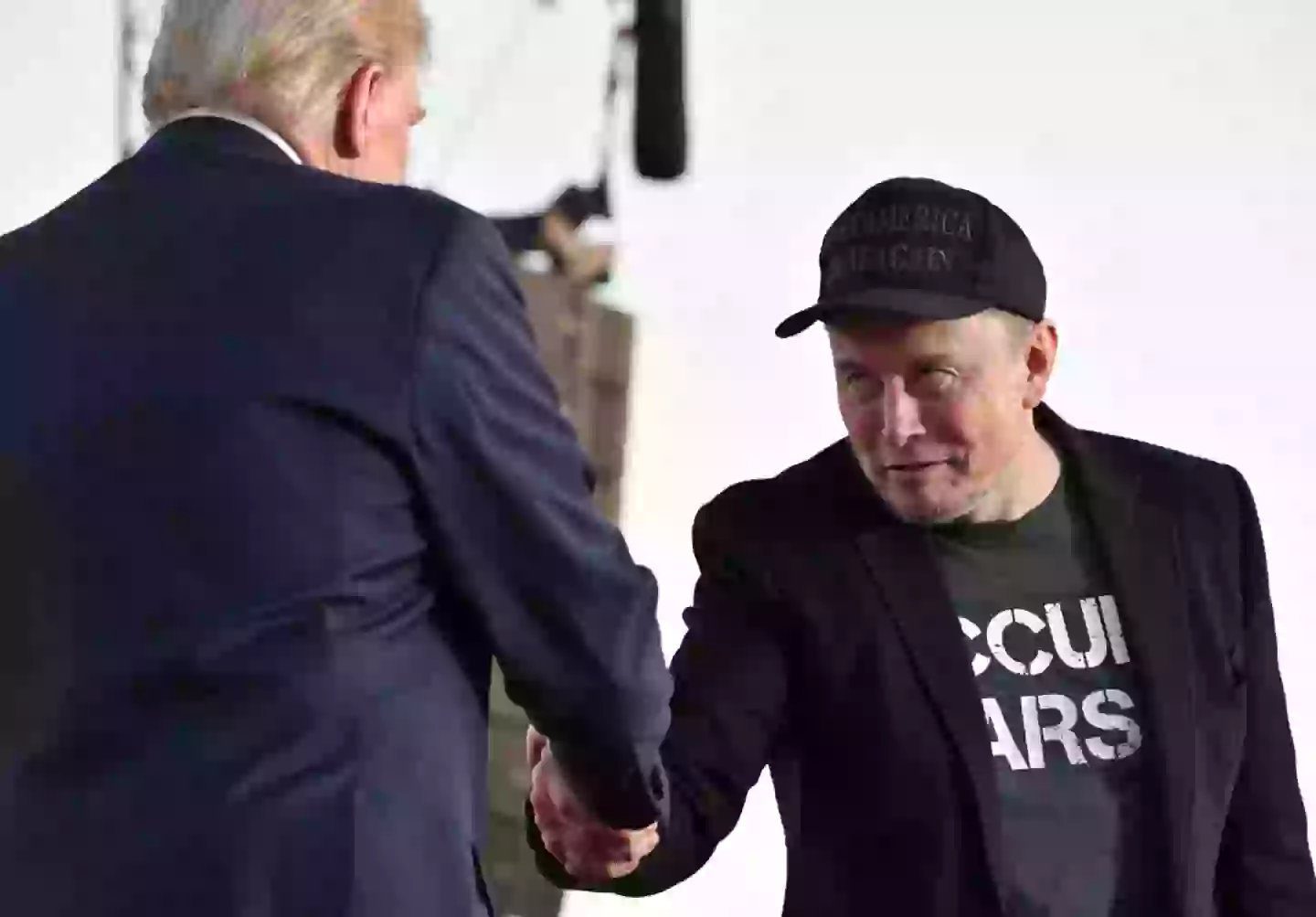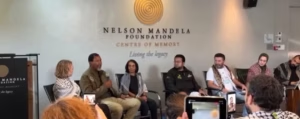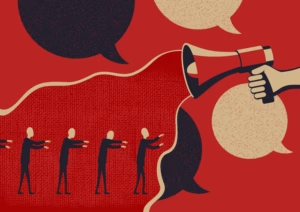Behind Elon Musk’s sharp rebuke of Donald Trump’s hallmark legislation lies a tale of political frustrations, lobbying setbacks, and a White House relationship that has become increasingly complex.
In an unexpected move that caught both political observers and Trump’s inner circle off guard, Elon Musk publicly denounced former President Donald Trump’s signature legislation on Tuesday, describing it as a bloated and unnecessary display of excess government spending. His exact words, shared on the social media platform X during a White House press briefing, were blunt:
“Disgusting abomination.”
The sudden eruption surprised many, including senior aides to Trump, as Musk had previously voiced discontent with the bill in far more restrained tones. Until that moment, the billionaire entrepreneur’s critique of the legislation had been moderate and calculated, even as he sought changes behind the scenes.
But the dramatic tone shift may have been months in the making. According to two individuals familiar with the relationship between the tech magnate and the former president, the eruption followed a series of unresolved requests and growing disenchantment on Musk’s part.
“Elon was butthurt,”
said one of the sources, highlighting the emotional undertone of Musk’s break from political decorum.
While the Tesla and SpaceX chief executive has often aligned himself with Trump ideologically and personally, insiders suggest the latest outburst marks a deeper rupture driven by a series of failed political and business overtures.
Sources close to the situation identify four critical junctures that appear to have soured Musk’s outlook and ultimately led to his social media broadside.
Firstly, a key provision in Trump’s legislation called for cuts to the federal electric vehicle tax credit — a financial mechanism that benefits automakers like Tesla. By late April, lobbying records indicate that Musk’s company had spent at least $240,000 advocating for the continuation of that credit and other corporate interests. Privately, Musk had also pushed for the credit’s preservation during his conversations with government officials. His efforts, however, went unrewarded.
Secondly, Musk’s position as a “special government employee” within the Trump administration — an unpaid advisory role limited by statute to 130 days — had become a point of negotiation. Musk had reportedly sought to extend his tenure in this role. Yet, officials at the White House determined that continuing beyond the legal time limit was not feasible.
Adding to the list of disappointments was Musk’s proposal for the Federal Aviation Administration to incorporate Starlink — his satellite internet constellation — into the national air traffic control system. The idea, though bold, raised concerns about potential conflicts of interest and technological feasibility. One source described the administration’s stance bluntly:
“You can’t have air traffic control just run off satellites.”
The situation appeared to come to a head late on Saturday evening, when Trump unexpectedly rescinded the nomination of Jared Isaacman — a Musk ally — to serve as NASA administrator. Isaacman, a notable figure in the commercial spaceflight industry and a past collaborator with Musk’s companies, was seen by many as a logical fit for the role.
The decision to drop Isaacman’s nomination was met with immediate speculation and suspicion within the West Wing. Multiple sources point to Sergio Gor, the director of the Office of Presidential Personnel, as a central figure in the dispute. Gor, who had previously clashed with Musk over personnel and influence issues, was rumoured to have orchestrated the reversal as a parting shot.
“This was Sergio’s out-the-door ‘f**k you’ to Musk,”
one White House official alleged.
However, two administration insiders pushed back against this theory. They said the withdrawal stemmed from growing concerns among senators over Isaacman’s political affiliations and donor history.
“Senators had complained about Isaacman for being a Democratic donor,”
one of the insiders explained.
From the perspective of those involved in the daily workings of the administration, the final straw seemed less about partisanship and more about perception.
“Perception is reality, though, and I’m pretty sure Elon thought the NASA situation was a last insult,”
said a senior White House official.
“So here we are.”
Despite the eruption and its fallout, those familiar with the dynamics between Musk and Trump say the two men remain, at least nominally, friends. They have maintained periodic communication, even as tensions flared in recent months.
What the incident suggests, however, is that the blend of personal rapport and political pragmatism may not be enough to contain the fallout from unmet expectations — especially when it comes to a figure as outspoken and independently minded as Musk.
Requests for comment from Musk’s representatives went unanswered. The silence may be temporary, but the broader implications of his criticism — and the way it was delivered — are likely to reverberate across both political and business communities for some time.

















